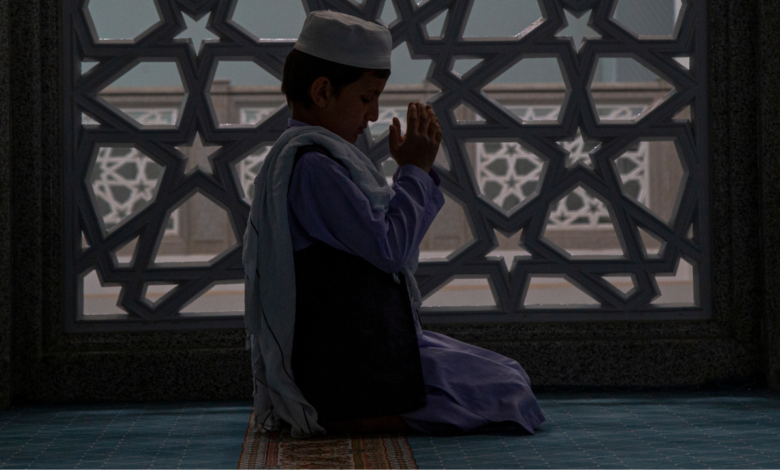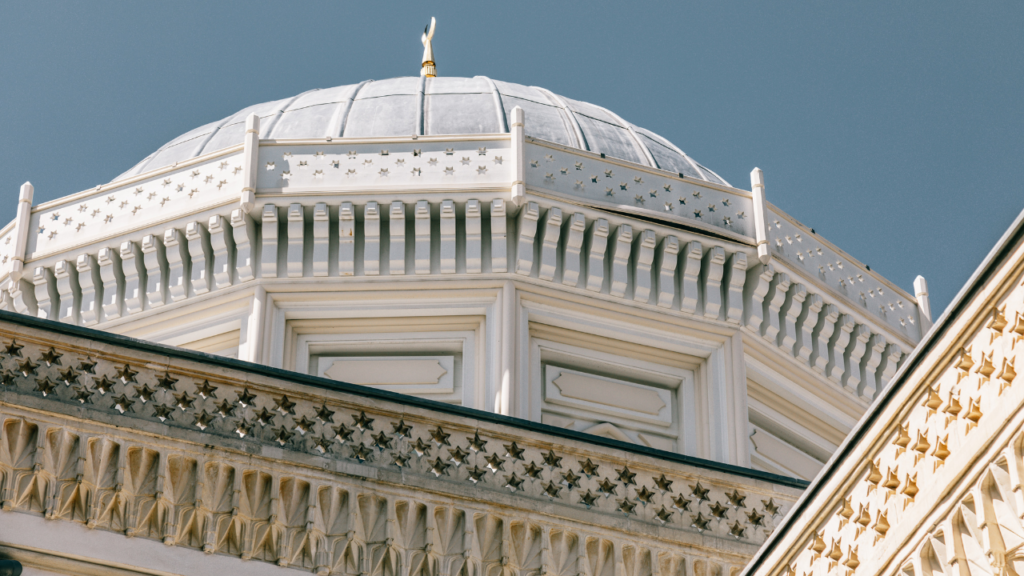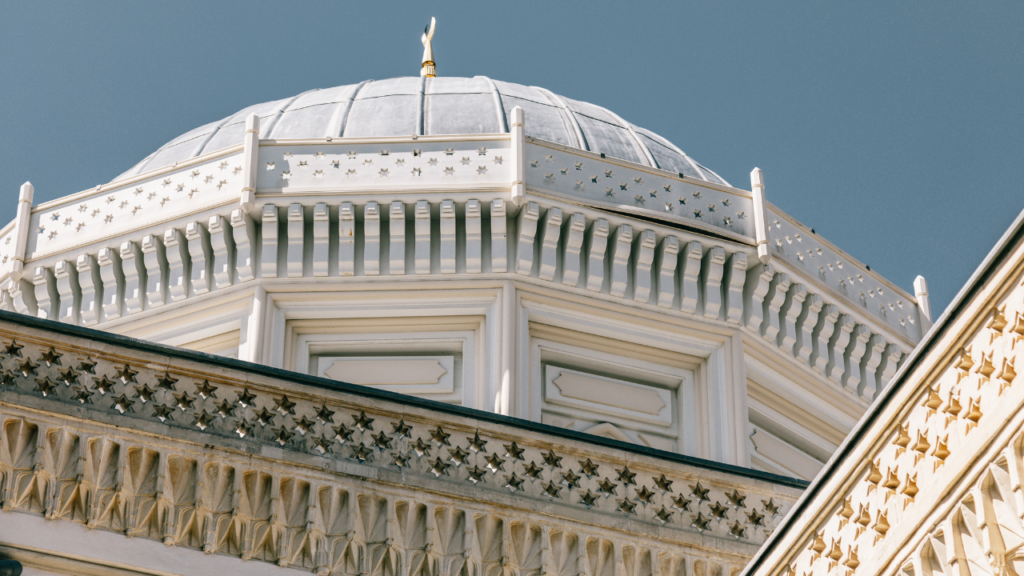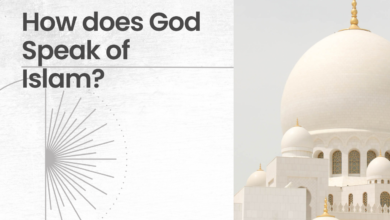
Hazrat Muhammad aour Sabr
Hazrat Muhammad, Peace Be Upon Him, is the last prophet and messenger of Islam. Born in Mecca in the year 570 CE, he received the divine revelations of the Quran over 23 years, providing guidance for Muslims worldwide.

Introduction:
Hazrat Muhammad (Peace Be Upon Him), the last prophet and messenger of Islam, is revered not only for his role in conveying the divine message but also for the exemplary qualities he demonstrated throughout his life. One of the most profound virtues exhibited by the Prophet was the virtue of patience, or “sabr” in Arabic. The life of Hazrat Muhammad serves as a timeless guide for Muslims, showcasing how patience can be a source of strength and resilience in the face of life’s challenges.
The Meaning of Sabr:
Sabr, in Islamic terminology, goes beyond mere endurance. It encompasses steadfastness, perseverance, and maintaining a positive attitude in the face of adversity. Hazrat Muhammad embodied this virtue in various aspects of his life, providing a profound example for his followers.
Also check.
- Why Ludo is Haram in Islam?
- Who Crucified Jesus in Islam?
- What is Dar al Islam?
- When was Taoism Founded?
- Why is Ghusl Performed in Islam?
Patience in Adversity:
The life of Hazrat Muhammad was marked by numerous challenges and trials. From the early days of his prophethood in Mecca, where he and his followers faced intense persecution, to the later struggles in Medina, the Prophet consistently demonstrated patience in the face of adversity. Despite enduring physical and emotional hardships, he never wavered in his commitment to spreading the message of monotheism and justice.
The Hijra (Migration) as a Test of Patience:
One of the most significant events illustrating the Prophet’s patience is the Hijra, or migration, from Mecca to Medina. Faced with increasing hostility and threats to his life, Hazrat Muhammad and his followers embarked on a perilous journey, leaving behind their homes and possessions. The patience displayed during this migration, enduring the hardships of the journey and the challenges of starting anew in Medina, is a testament to the strength of the Prophet’s character.
Forgiveness and Patience in the Conquest of Mecca:
Perhaps one of the most powerful instances of the Prophet’s patience was demonstrated during the conquest of Mecca. After years of persecution, Hazrat Muhammad entered the city with a spirit of forgiveness and mercy. Instead of seeking revenge, he granted a general amnesty to the people of Mecca, offering them the opportunity to embrace Islam. This act of clemency and patience remains a shining example of the Prophet’s commitment to compassion and forgiveness.
Patience in Personal Loss:
The Prophet’s life was marked by personal tragedies, including the loss of close family members and companions. The death of his wife Khadija and his uncle Abu Talib were particularly challenging moments. Despite these profound losses, Hazrat Muhammad remained patient and steadfast in his mission, finding solace in his unwavering faith and trust in Allah.
Lessons for Today:
The life of Hazrat Muhammad and his embodiment of patience provides invaluable lessons for contemporary society. In a world often marked by impatience, instant gratification, and a lack of resilience in the face of challenges, the Prophet’s example serves as a timeless guide. Muslims are encouraged to reflect on the qualities of patience in their daily lives, fostering a deeper understanding of this virtue as a source of strength and tranquility.
Conclusion:
The life of Hazrat Muhammad is a beacon of guidance for Muslims, and his embodiment of patience stands out as a remarkable example for all. In navigating the complexities of life, facing challenges, and interacting with others, the virtue of sabr remains a cornerstone of Islamic teachings. By studying the life of the Prophet and internalizing the lessons of patience, Muslims can strive to emulate his noble character and contribute positively to the world around them.

FAQs
Who is Hazrat Muhammad (PBUH)?
Hazrat Muhammad, Peace Be Upon Him, is the last prophet and messenger of Islam. Born in Mecca in the year 570 CE, he received the divine revelations of the Quran over 23 years, providing guidance for Muslims worldwide.




